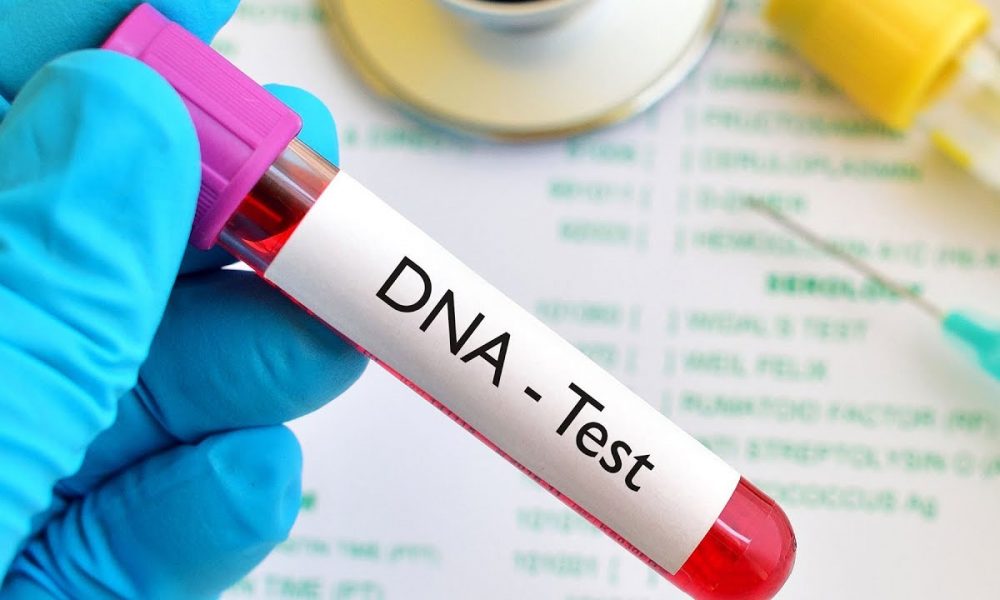A viral claim making the rounds on Nigerian media and social platforms suggests that “one in four fathers in Nigeria is unknowingly raising a child that is not theirs biologically.” The claim, attributed to a 2025 report by Lagos-based laboratory Smart DNA Nigeria, has sparked heated conversations online.
But a closer look at the report and expert reviews reveals that the widely circulated interpretation is misleading.
What the Smart DNA Report Actually Says
Smart DNA Nigeria’s July 2024–June 2025 annual report showed that 25% of paternity tests conducted in the past year returned negative results. Simply put, one in four men who approached the lab with doubts about paternity discovered they were not the biological father of the child in question.
The report further explained that:
The 25% figure represents only men who voluntarily sought DNA testing due to suspicion, not the general population.
The statistic marked a slight drop from 27% recorded in 2024.
Over two-thirds of the tests were conducted in Lagos, leaving rural and northern communities underrepresented.
Why the Claim Is Misleading
Experts point out that these results cannot be applied to all Nigerian families. The men tested already had doubts about their children’s paternity, making the sample self-selected and high-risk.
Former Nigerian Medical Association (NMA) official, Dr. Phillips Ekpe, clarified that in the general population, cases of disputed paternity would be far lower — possibly 1 in 10,000 or even 1 in 100,000 families.
Media Misreporting
Some newspapers and blogs amplified the “25%” figure without context, running sensational headlines such as “1 in 4 Nigerian Fathers Not Biological Parents”. This framing created the impression of a nationwide crisis.
A fact-check by AFP on August 28, 2025, also confirmed that the claim had been misinterpreted and sensationalised.
DNA Testing Accuracy vs Statistics
It’s important to note that accredited laboratories such as Smart DNA, SYNLAB, and Clinix operate under international ISO standards. Individual DNA test results are 99.99% accurate. The issue lies not with the science but with how the overall data is being misused by the media.
Other Insights from the Report
Cultural factors: More boys than girls were tested, reflecting inheritance concerns in patrilineal traditions.
Migration trend: A 13% increase in DNA testing for immigration purposes was linked to the “Japa” wave of Nigerians relocating abroad.
Policy call: Smart DNA urged lawmakers to create clearer legal frameworks around DNA testing, custody, and inheritance disputes.
Verdict
The viral claim that 25% of Nigerian fathers are unknowingly raising children that aren’t theirs is misleading.
The figure only applies to men who already suspected paternity issues and voluntarily sought DNA tests. It cannot be generalised to the wider Nigerian population.
In short, Nigeria is not facing a 25% paternity fraud crisis. The statistic reflects a narrow, high-risk sample — not a national reality.










